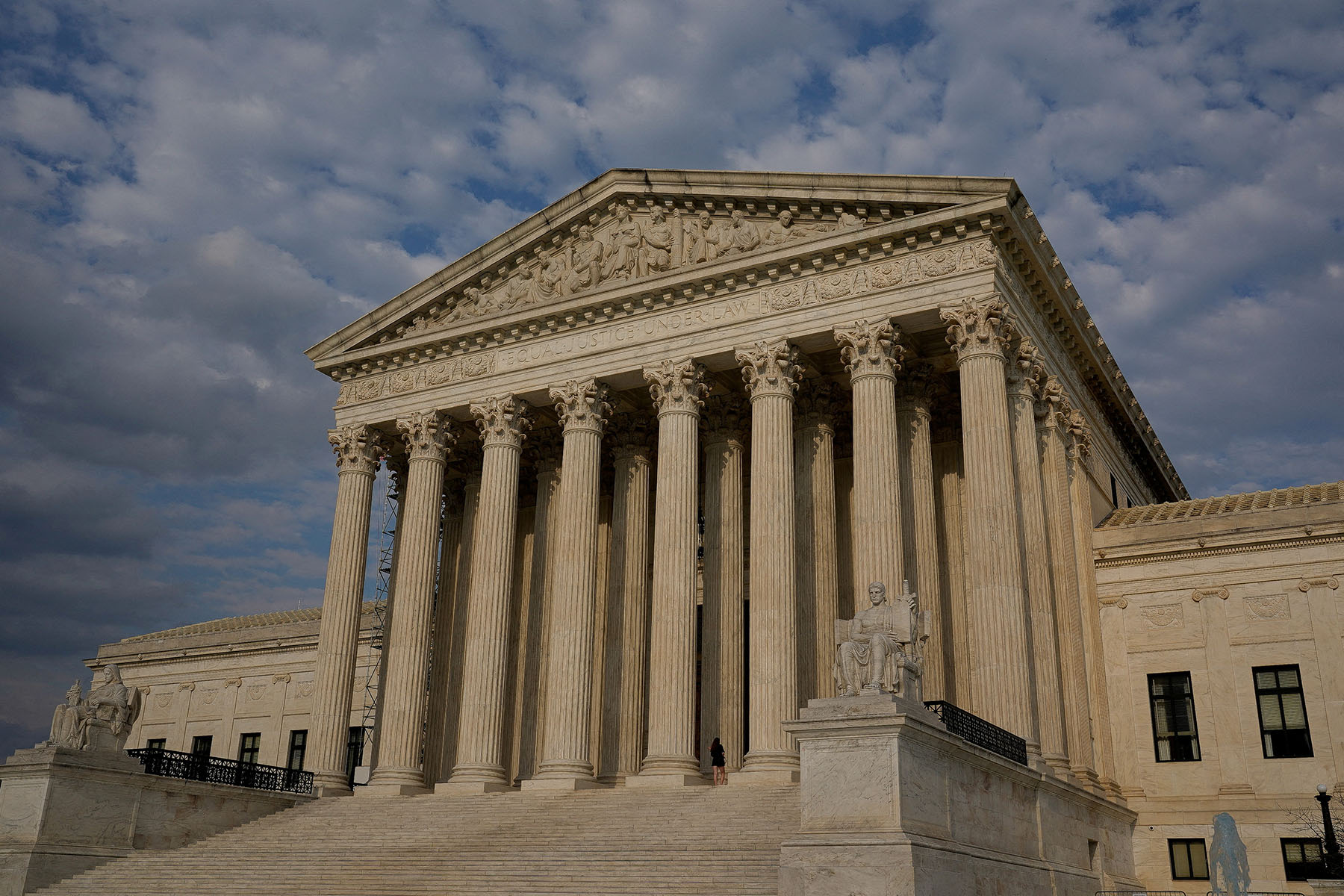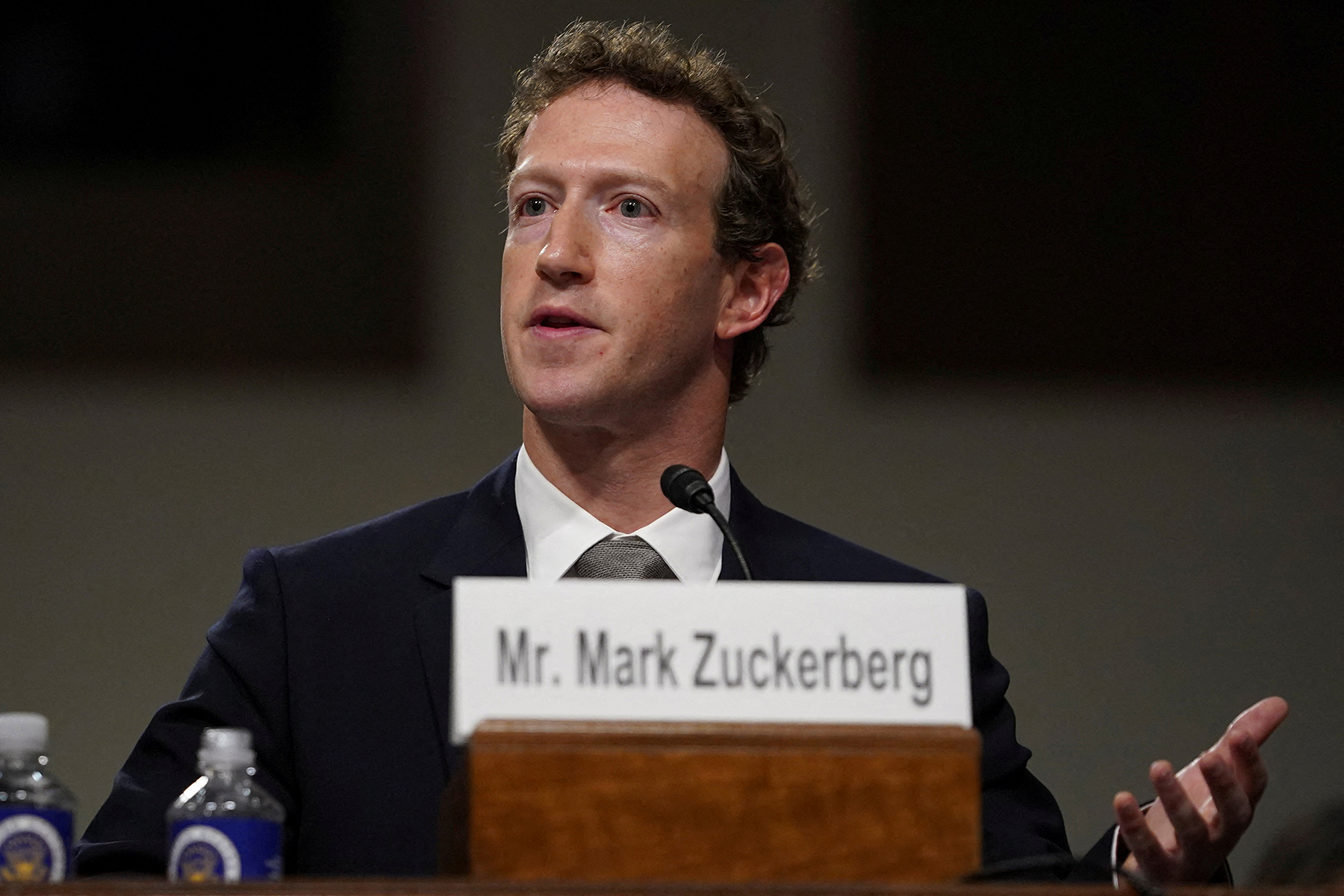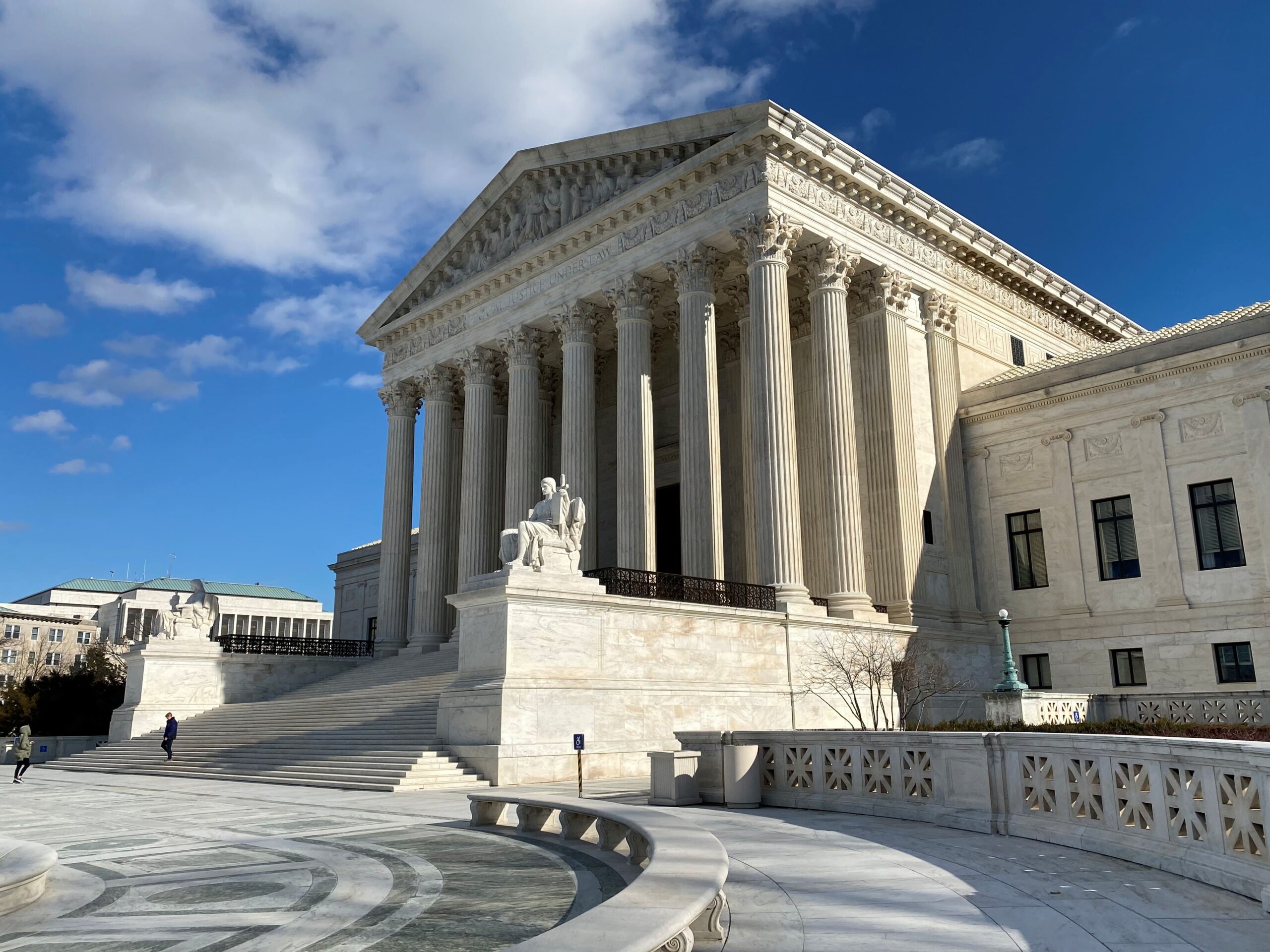New Mexico Lawsuit Accuses Meta of Failing To Protect Children From Sexual Exploitation Online
The outcome could challenge the companies’ First Amendment shield and Section 230 of the 1996 Communications Decency Act, which protects tech companies from liability for material posted on their platforms.
Undercover Investigation of Meta Heads to Trial in New Mexico in First Stand-Alone Case by State
It could give states a new legal pathway to go after social media companies over how their platforms affect children, by using consumer protection and nuisance laws.
Massachusetts Court Hears Arguments in Lawsuit Alleging Meta Designed Apps To Be Addictive To Kids
Meta's attorney argued that the lawsuit “would impose liabilities for performing traditional publishing functions” and that its actions are protected by the First Amendment.
Supreme Court Allows Mississippi To Require Age Verification on Social Media Like Facebook and X
NetChoice argues that the Mississippi law threatens privacy rights and unconstitutionally restricts the free expression of users of all ages.
Meta Replaces Fact-Checking With X-Style Community Notes
The company said it plans to allow “more speech” by lifting some restrictions on some topics that are part of mainstream discussion such as immigration and gender.
Supreme Court Keeps on Hold Efforts in Texas, Florida To Regulate Social Media Platforms
The justices returned the cases to lower courts in challenges from trade associations for the companies, which claimed that the laws violated the platforms’ speech rights.
Lawsuit Against Meta Asks If Facebook Users Have Right To Control Their Feeds
The lawsuit centers on a provision of Section 230, which is often used to protect internet companies from liability for things posted on their sites.
Oversight Board Urges Meta To Rethink Its Policy on Manipulated Media
An oversight board is criticizing Facebook owner's policies as “incoherent” and insufficient to address the flood of online disinformation targeting elections.




